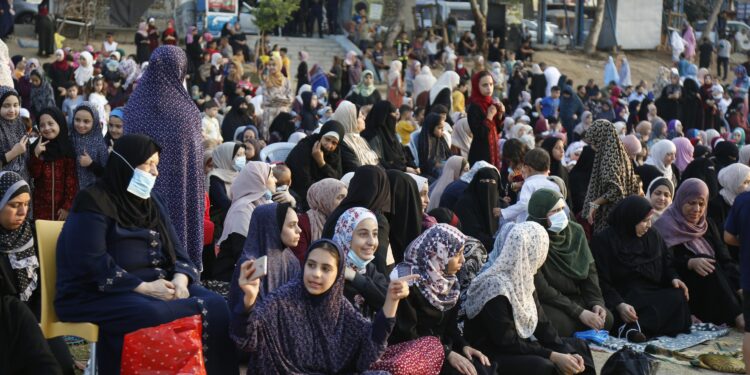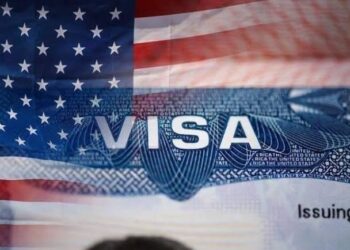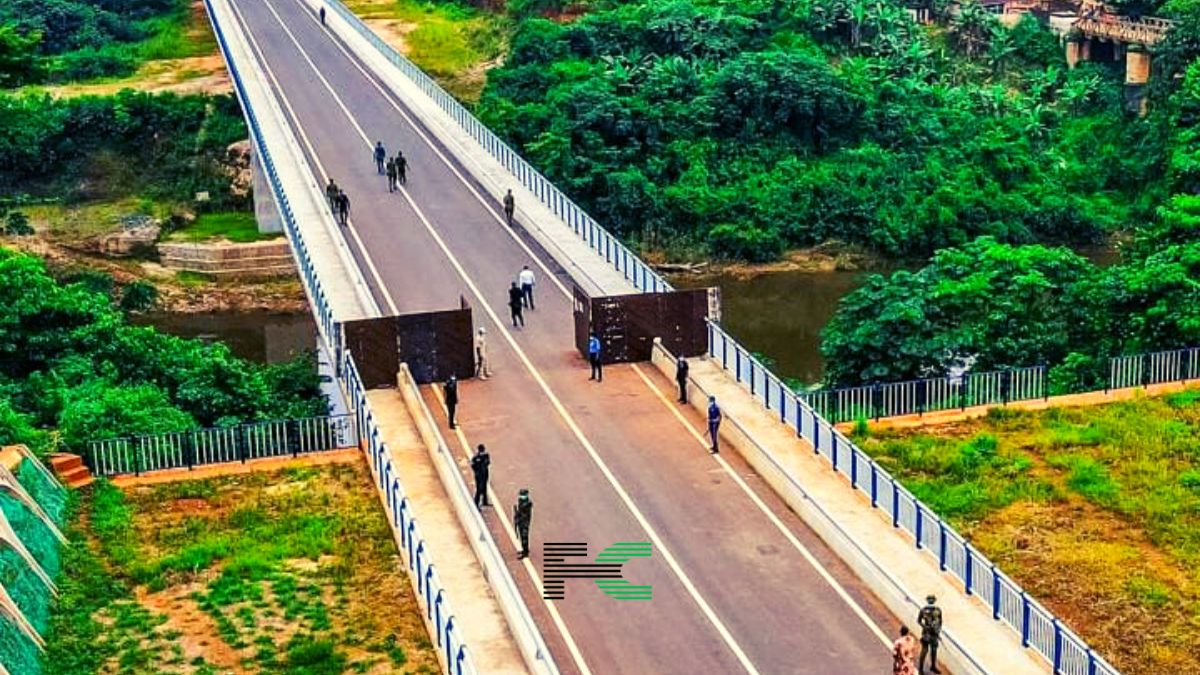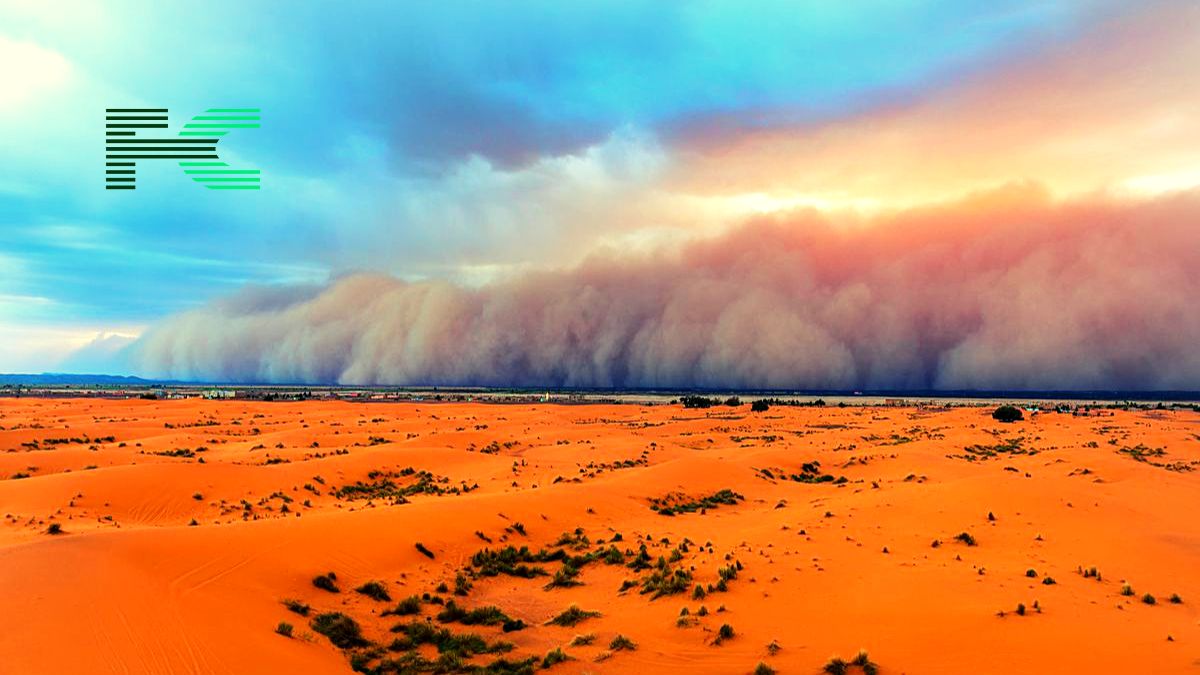Pressure from the ongoing Gaza conflict is pushing some of the United States’ strongest allies—Britain, France, and Canada—towards officially recognising a Palestinian state. This unexpected diplomatic shift follows months of backchannel talks, humanitarian concerns, and growing discontent over the worsening humanitarian crisis in Gaza.
Humanitarian Crisis Forces Policy Change
French President Emmanuel Macron, once cautious about making any move that could appear to reward Hamas, now seems more open to a different approach. In recent months, France joined with Saudi Arabia to draft a plan urging more Western nations to recognise Palestine, while also calling on Arab states to take a tougher line on Hamas.
Meanwhile, Canadian Prime Minister Mark Carney openly admitted, “The possibility of a two-state solution is being eroded before our eyes,” acknowledging that Gaza’s humanitarian emergency has reached a point where action can no longer be delayed.

This humanitarian tipping point, marked by starvation, collapsed health systems, and images of suffering civilians has pressured these U.S. allies to move away from mere words and towards political recognition.
Months of Quiet Talks Behind the Scenes
Although the announcement came in August, discussions began quietly as far back as March. Macron, Carney, and British Prime Minister Keir Starmer reportedly maintained regular communication through texts and calls throughout June and July.
Britain, traditionally cautious due to its ties with Washington and Israel, ultimately decided to move forward with a recognition plan unless Israel delivers a ceasefire and lasting peace deal. Starmer recalled his cabinet from summer recess to finalise the plan, signalling the urgency of the matter.
In a coordinated move, once Britain and France declared their intentions, Canada followed shortly after.
Trump’s Visit, Starmer’s Warning
Interestingly, this decision came just as Donald Trump visited Scotland, where he met Prime Minister Starmer. While no direct mention of the recognition plan was made during their conversation, Trump later criticised the move as “rewarding Hamas.”
Despite such comments, Starmer proceeded with recalling his team, signalling that domestic and humanitarian concerns are beginning to outweigh fear of U.S. displeasure.
France, Britain, and Canada all now say they will recognise a Palestinian state in September, unless Israel makes a significant diplomatic shift. According to sources close to the talks, these moves were a direct response to the Gaza situation, which has left even Israel’s closest allies feeling pressured.
United Nations Still Blocked by U.S. Veto
More than three-quarters of the UN General Assembly already recognise a Palestinian state. However, the United States’ veto power in the Security Council prevents Palestine from gaining full UN membership.
That hasn’t stopped this recognition wave from gathering momentum. Richard Gowan, UN Director at the International Crisis Group, said the move is significant because U.S. allies are “catching up with the Global South on the Palestinian question.”
In other words, the world is shifting, even if Washington isn’t ready to follow.
A Symbolic Step With Real Meaning
While this recognition will not immediately change facts on the ground, it represents a serious diplomatic shift. France, Britain, and Canada are no longer holding back in the face of what they now view as an unsustainable and morally damaging war in Gaza.
The move shows that Gaza pressure is pushing U.S. allies to recognise a Palestinian state, and though the U.S. may still resist, its allies are no longer waiting for its green light.
Bottom Line
The road to peace in the Middle East has always been uncertain, but recent events in Gaza have forced a change. The humanitarian crisis has grown too large to ignore, and now Gaza’s suffering is doing what years of diplomacy could not: pushing America’s closest partners towards recognising a Palestinian state.
















